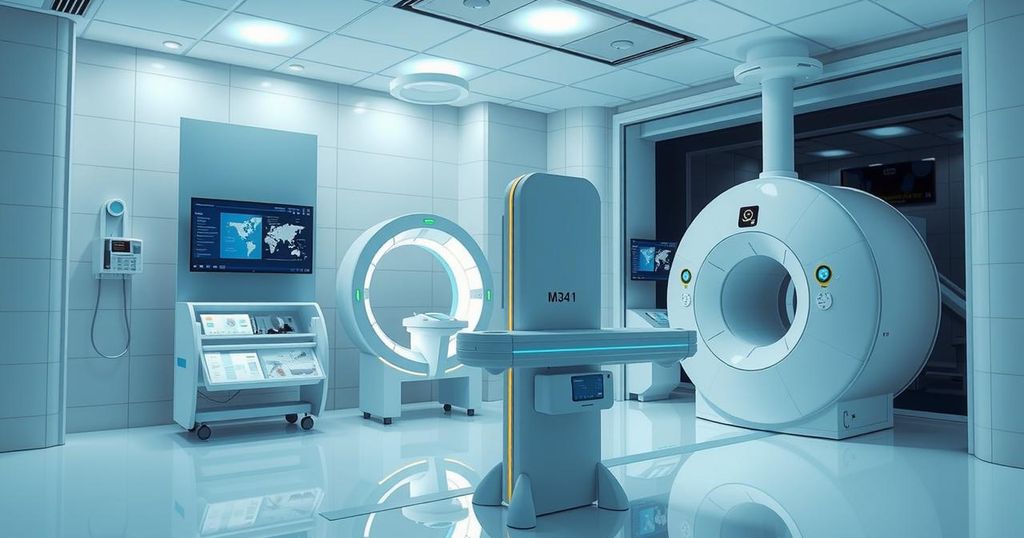University Health Embraces AI Technology for Enhanced Patient Imaging
University Health is leveraging artificial intelligence to enhance patient care, particularly through improved accuracy in mammograms and faster MRI exams. The technology is advancing rapidly, and plans are in place to expand its use throughout regional facilities.
At University Health, an ambitious leap into the future of medicine is taking shape, thanks to artificial intelligence (AI). The tech isn’t just a buzzword—it’s actively transforming patient care through enhanced imaging techniques like mammography, MRI, and CT scans. Bill Phillips, the executive vice president and COO, highlights how this innovation is already changing lives today.
One of the standout features of the AI integration is its knack for improving mammograms. Doctors can now spot potential problems earlier than ever before, increasing the chances of successful outcomes. “It is producing higher accuracy rates, better predictability and focusing,” said Phillips. This capability shines light on density changes in breast tissue, pinpointing areas that need a closer look.
On top of mammograms, AI is turbocharging MRI processes, making them significantly quicker—up to three times faster, in fact. This means healthcare facilities can see more patients in a single day. Phillips illustrates this with an abdominal MRI, which typically demands a breath hold time of nine to fourteen seconds. With AI assistance, this is slashed down to just four seconds, easing patient anxiety.
Of course, AI isn’t infallible. Accuracy hinges on utilizing specialized data sets, Phillips pointed out. But he reassured that radiologists remain integral to the process, as they review scans before concluding anything. “Ultimately, radiologists still have to look at it and sign off on it. But we are finding it extremely accurate,” he said, reinforcing the supportive role that AI plays alongside human expertise.
Looking into the horizon, the possibilities expand. AI is still in its infancy in the healthcare arena, with annual improvements and the development of new applications on the rise. Future projects are brimming with potential, targeting areas like pathology and EKG results. Local researchers from The University of Texas at San Antonio are diving into innovative methods of managing biomedical and social data, fueled by funding from the National Institutes of Health.
“The rate of AI advancements is increasing each year as the technology is better understood,” Phillips remarked, indicating a growing confidence in these systems. For University Health, the goal is to usher in AI across all regional hospitals and carry this momentum to new establishments like the upcoming University Health Retama Hospital.
Phillips emphasized the need for rigorous validation of the technologies before their adoption, ensuring that they truly enhance patient care. “You have to vet the good from the bad and look at the real meaningful impact of it,” he said. “Are you really getting better patient outcomes with it?”
The integration of AI at University Health is poised to redefine patient care, especially in areas like imaging. Accuracy in mammography readings and the expedited scheduling of MRIs are tangible benefits already felt. As AI grows, health leaders like Phillips remain vigilant, focusing on effective implementation to ensure that patients truly reap the rewards of this technology.
Original Source: communityimpact.com




Post Comment